2008 Bike Week Wrap-Up
You could hear the whispers everywhere, from the OEM reps by the racetrack to the bar maids on Main Street. It was written on the hotel signs that advertised vacancy. It occupied the empty parking spaces along the street. At Daytona Bike Week 2008, the uncertainty that the future holds had an industry and sport collectively holding its breath.
Fears and worries about an economic downturn have touched the motorcycling world in the same way that it has permeated every other aspect of American life. The numbers tell that bike sales are down across the board. Projections for the upcoming season predict no improvements. Dealerships with new showrooms and stockpiled inventory are looking for ways to tighten their belt, to downsize, to weather the expected storm.
This downturn in two-wheeled bank accounts seems to be matched by a swing in public opinion against motorcycles. Motorcycling everywhere is being cracked down on, from stricter emissions controls to noise limits, from land closures to exclusions from HOV lanes. Motorcycling, it seems, is under fire from all sides.
This general pessimism hung like a cloud over Daytona Bike Week 2008, putting a chill on the festivities that matched the temperatures. Retailers reported smaller profits. Bike Week regulars noted less crowded streets. After a decade of record successes, why the change in tides?
The fact is, the majority of Americans not only don’t own motorcycles, they don’t personally know anyone who does. Their impression of motorcycle riders comes from the knuckle-dragging, hammer-pounding buffoonery that they see on reality TV. So if you feel that popular opinion had turned against motorcycles, maybe this is what happens when we let our public relations be handled by people who die doing stunts, violate environmental regulations and kill people by driving drunk. Even the Japanese manufacturers have stooped to using photos of bearded, tattooed and scowling white guys to sell their products. We’ve cultivated, marketed and manufactured the bad-boy, outsider, rebel image, so why are we complaining when people don’t like us?
The Harley-Davidson company has piloted the industry on a rocket-ship ride, but has that success been built on anything solid besides emotion and fashion appeal? We’ve spent the last 10 years arguing about loud pipes saving lives and the right to not wear a helmet being the ultimate freedom, making ourselves the tantrum-throwing adolescent at an adult party. The world was changing around us, new issues were capturing the public’s attention, but to American motorcyclists, every day was Bike Week, a non-stop party, celebrating our success with excess and without a care for the future.
The motorcycle industry has spent the last 10 years convincing the public that motorcycles are a form of entertainment and not a form of transportation. Motorcycles are a mechanical bull that takes us from a garage two miles down the road to our local biker bar. Giving motorcycles the same rights and privileges as cars seems like giving paintball players a commission in the Navy Seals. It’s all about who has the most chrome, who has the wildest paint job, who has the largest engine. When budgets get tight, luxuries are the first things to get cut. We’ve made motorcycling a luxury, a status symbol, so let’s be prepared to reap the effects when people no longer have the extra cash for an expensive hobby.
If the industry is waiting for the next-big thing to replace the chopper phenomenon, Bike Week didn’t provide any clear answer. The press has kicked around a lot of ideas, from custom sportbikes or stunter replicas, from baggers to trikes. Harleys will never be replaced by another brand at American motorcycle rallies, but what better place to judge the up-and-comers, the next trend in the industry, the potential savior of American motorcycling.
At this year’s Daytona Bike Week, hope comes from, of all places, Germany.
I hate to see any type of motorcycling co-opted into a fashion trend, but if I had to choose, I can’t think of another type of motorcycle that I’d rather have it happen to. Adventure bikes are arguably the best motorcycles out there. From long-distance touring to heading to the grocery store, from daily commuting to fire-road riding, these bikes do it all. If adventure bikes become the next big trend, maybe more riders will find out how practical motorcycles can be. Maybe they’ll ride more. Maybe they’ll leave the trailer at home and just take the bike. Even the television reality shows that have been our downfall can be our revival, with Ewan MacGregor’s Long Way travelogues replacing the bike-building shows and convincing people that motorcycles can actually be used to go places and that motorcycle riders can be intelligent, considerate and thoughtful human beings.
BMW may be the example that the rest of the industry should look to. They’re a company that has realized that they have to break out of their narrow, traditional market, offending some die-hard fans, but bringing some new blood into the brand. They’ve chosen to introduce radically new models in the face of a slumping market. They’ve thrown their machines into serious racing competitions as a way to advertise them and they’ve built a product line that is based on qualities like dependability, practicality, technology, safety and environmental friendliness. The GS model headlines this approach in a very successful way. It’s not only the best selling BMW in the U.S., it accounts for one-third of the company’s two-wheeled production of a company whose sales worldwide were up in 2007.
With economic downturns circling the motorcycling herd like a pack of wolves stalking a herd of buffalo, our hope can be this. Maybe lean-times will thin the herd, picking off the weak and sick, and making the motorcycle community stronger. Maybe hard times will cull the weekend enthusiast who is destined to become a number in motorcycle safety statistics, cause manufacturers to re-think the over-weight, over chromed and overpriced models with which they flood showroom floors and cause serious riders to focus on the issues that matter most to our sport.
Come to think of it, the dilemma in motorcycling sounds like the dilemma in the United States in general. Maybe the threat of a bad economy will cause a change in both and maybe in both areas motorcycle riders will lead the way.
Be sure to check out the photo gallery for this story to see a variety of photos from Bike Week 2008. And stay tuned to Motorcycle.com over the next few weeks for more articles about the motorcycle industry, the racing world and what the future holds.
Related Reading
Moto-ST: Bringing Twins Back to the Track
Bike Week Vintage Road Racing
Scott Russell Interview
More by Jeremiah Knupp



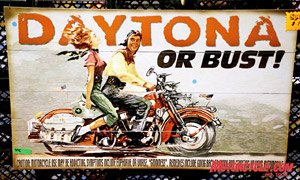








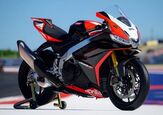
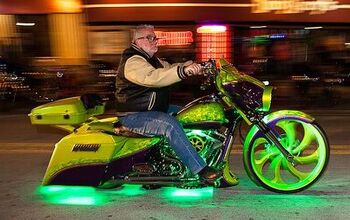
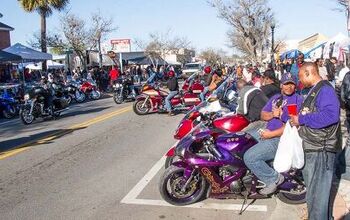
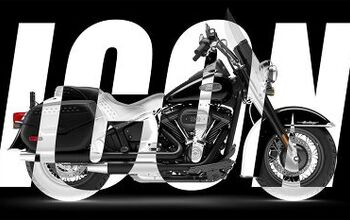
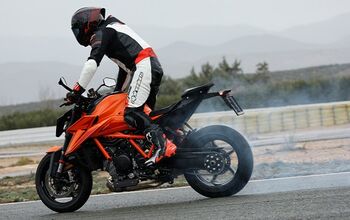
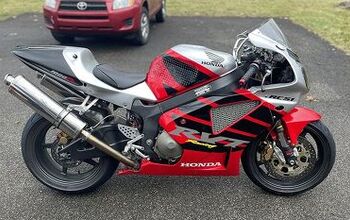
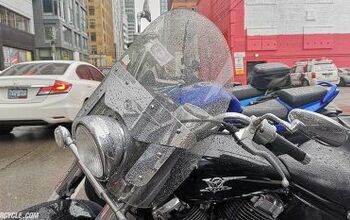
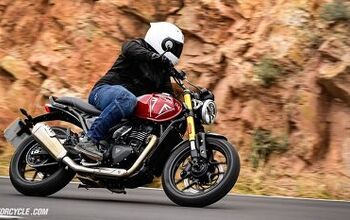
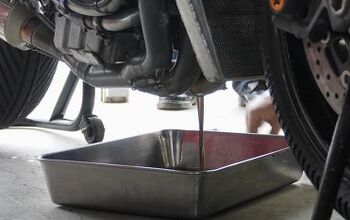
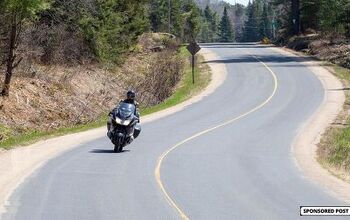
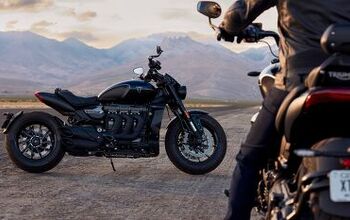
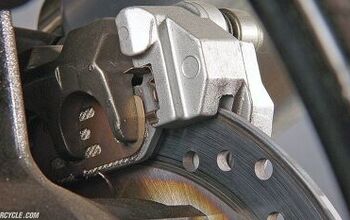


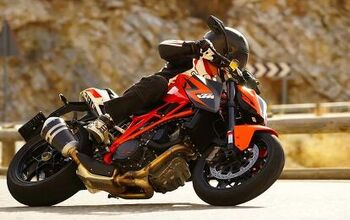

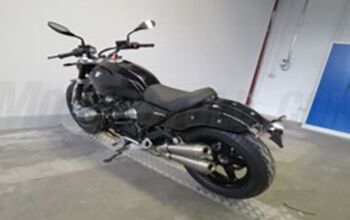

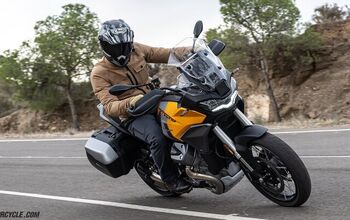
Comments
Join the conversation